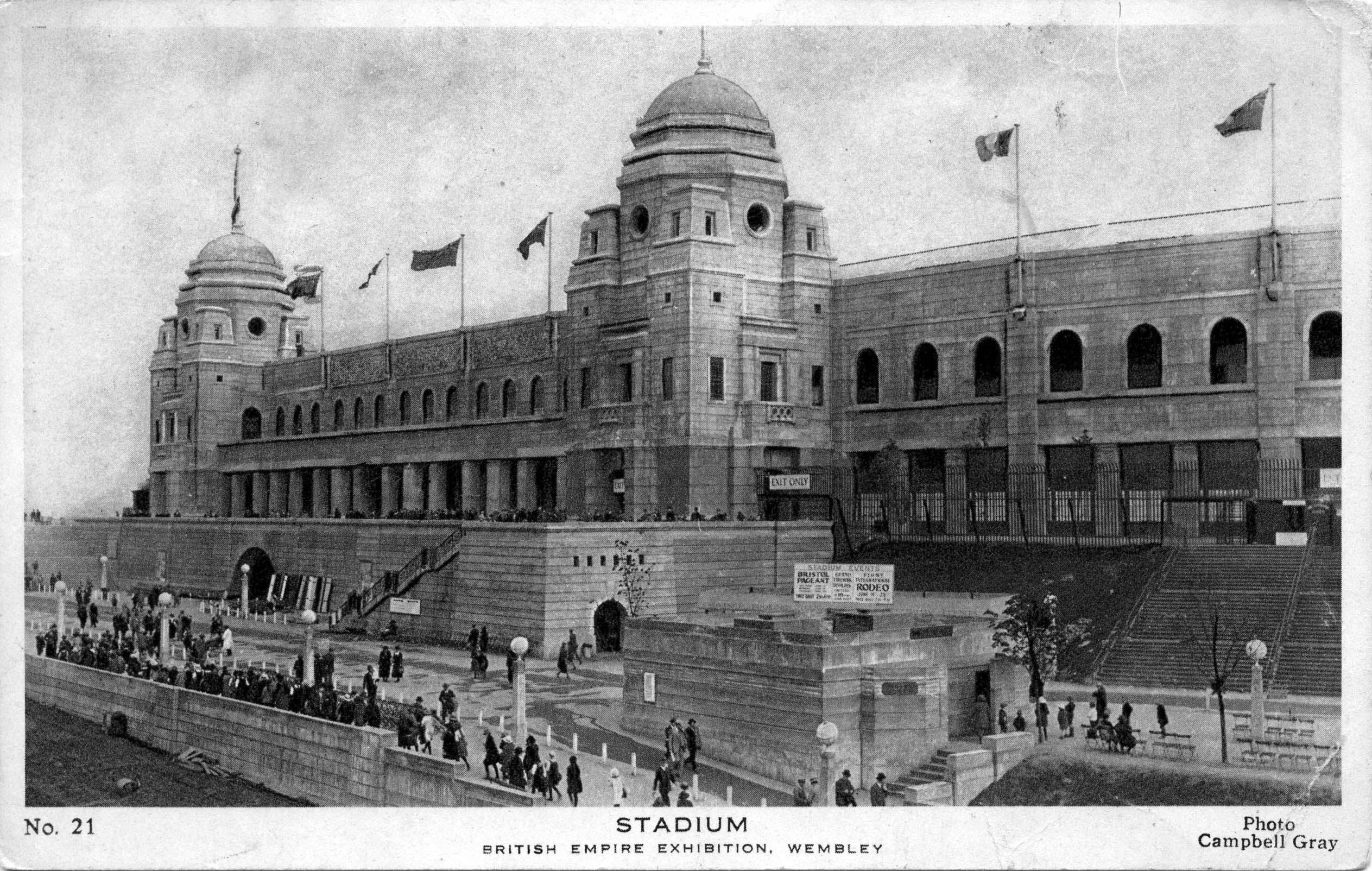|
Athletics At The 1948 Summer Olympics – Men's 110 Metres Hurdles
The men's 110 metres hurdles event at the 1948 Summer Olympic Games took place on 3 and 4 August. Twenty-eight athletes from 18 nations competed. The maximum number of athletes per nation had been set at 3 since the 1930 Olympic Congress. The final was won by American William Porter. Porter's compatriots, Clyde Scott and Craig Dixon took 2nd and 3rd place. It was the third of nine consecutive American victories, and the ninth overall gold medal for the United States in the 110 metres hurdles. It was also the first of four consecutive American podium sweeps, and the fifth overall sweep by the United States in the event. Summary With the absence of the best American hurdler Harrison Dillard, who did not qualify to the Olympics in the hurdles but did win gold in his secondary event, the 100 metres, the three Americans William Porter, Clyde Scott and Craig Dixon were headlong over the rest of the field. From the start to finish they ran almost neck to neck, with the others som ... [...More Info...] [...Related Items...] OR: [Wikipedia] [Google] [Baidu] |
Wembley Stadium (1923)
The original Wembley Stadium (; originally known as the Empire Stadium) was a stadium in Wembley, London, best known for hosting important football matches. It stood on the same site now occupied by its successor. Wembley hosted the FA Cup final annually, the first in 1923, which was the stadium's inaugural event, the League Cup final annually, five European Cup finals, the 1966 World Cup Final, and the final of Euro 1996. Brazilian footballer Pelé once said of the stadium: "Wembley is the cathedral of football. It is the capital of football and it is the heart of football", in recognition of its status as the world's best-known football stadium. The stadium also hosted many other sports events, including the 1948 Summer Olympics, rugby league's Challenge Cup final, and the 1992 and 1995 Rugby League World Cup Finals. It was also the venue for numerous music events, including the 1985 Live Aid charity concert. In what was the first major WWF (now WWE) pay-per-view ... [...More Info...] [...Related Items...] OR: [Wikipedia] [Google] [Baidu] |
